Ghulam Mohammad

Subscribe to read full article
This section is for paid subscribers only. Our subscription is only $37/- for one full year.
You get unlimited access to all paid section and features on the website with this subscription.
Not ready for a full subscription?
You can access this article for $2 , and have it saved to your account for one year.
- Real Name: Ghulam Mohammad Butt
- Born: 1902 (Lahore)
- Died: 10 March 1961 (Lahore)
- Primary Cinema: Punjabi
Ghulam Mohammad was a versatile actor, who played a variety of roles ranging from a youthful hero to villain and then elderly roles of father/uncle/brother. A sensitive actor, Ghulam specialized in portraying a disillusioned lover. He was known for his affective dialogue delivery and powerful acting ability to mesmerize the audience. A famous stage actor of more than 500 stage plays/dramas in the 1920s, he became a star villain in pre-partition films. After partition, he appeared in many Pakistani films. Ghulam Mohammad was versatile actor who performed excellently in more than 100 movies under fifty different directors during his long career spanning almost four decades. His twenty five films celebrated jubilees at different points of time and he was known as ‘Chacha’ in film circles.
Ghulam Mohammad was born in 1902 in Mochi Gate area, Lahore. His father Wali Mohammad Butt was a dealer in corn and shawls. His father died when he was only six years old and his schooling was restricted up to third primary level. As an adolescent, he was fascinated by Theatre/drama but his family circumstances forced him to join the army. During his military stint, he got a chance to enact a small role in the play Chrandrawall at the Y.M.C.A Club, Baghdad. His talent was recognized by the organizers and he acted in more plays organized by YMCA.
After three years of serving in the army, he returned to Lahore. He remained a wanderer for some time and even his stint with the Government Surplus Stores, Bombay was very short. In 1919, he joined Nawab Mudni’s Theatrical Company, Chennai and then he became associated with Rustomji Poonavala’s Theatrical Company. Eventually he joined as a permanent artist in Motilal Theatrical Company, Bombay. During the 1920’s, he became a well-known personality in the theatrical world. His popularity attracted the film makers and Rustam Poonawala, picked him for the role of Ram Prasad in Imperial Film Company’s film Nek Abla (1932). Then Moti Gidwani gave him a small role of a Marwari in a film. Ghulam came to the lime-light when Director R.S. Choudhary cast him in Madhuri (1932). In this film he played the role of Tikka, the craven prince of the Gulwari tribe, who harasses the princess of Ujjain Madhuri (Sulochana alias Ruby Myers). Soon there was a long queue of films and Ghulam Mohammad was known as the Prince of Imperial Film Company. Accordingly, his salary was raised from Rupees Sixty five to Rupees seven hundred and fifty per month that made him one of richest actors of that era who possessed a car.
He continued with Imperial Film Company and did 18 films like Shaan-e-Hind (1936), Kisan Kanya (1937), Ghazi Salahudin (1939), Mahamaya (1936), Pak Daman (1940) and Kalyani (1940). He played the role of Randheer, a villain in the first color film of the sub-continent Kisan Kanya (1937). In Ghazi Salahudin (1939), he played the lead role of Sultan Salahudin Ayubi. He established himself as the best villain of Indian screen. Some of his important films were Daku Ki Ladki (1933), Saubhagya Sundari (1933), Gul Sanobar (1934), Piya Pyare (1934), Naya Zamana (1935), Wild Cat of Bombay/ Bambai Ki Billi (1936), Pride of India/Shaan-e-Hind (1936) etc.
Sagar Movietone cast Ghulam Mohammad in the lead role in first ever double version (Hindi and Punjabi) film Ali Baba (1940) directed by Mehboob Khan. The film had melodious music scored by Anil Biswas and it became a hit at the box-office. His second stint in Punjabi Cinema came with Pancholi Art Pictures’s Chaudhary (1941). In this film Ghulam performed the role of the village chieftain Raju Chaudhary. His impressive portrayal of the character was appreciated by movie-goers as well as by the film critics. Impressed by his performance, Dalsukh M. Pancholi signed him for the film Khandan (1942). He portrayed an over indulgent lover Amjad, who kills a gold-digging woman and is jailed. When he is released, he found employment as a gardener and became a father-figure to his employer's son Anwar (Pran) and his fiancée Zeenat (Noor Jehan). He enacted the role of a tyrannical zamindar in Pancholi’s next film Zamindar (1942). After his successful innings in Lahore, he shifted to Bombay where he acted in Jugnu (1947), Ek Din Ka Sultan (1945), Heer Ranjha (1948), Pardesi Mehmaan (1948) and Vidya (1949). In Jugnu (1947), he was the miser and harsh-natured father of Dilip Kumar.
After partition, he migrated to Pakistan and appeared in Pakistan’s first film Teri Yaad (1948). His other prominent films in Pakistan included Mundri, Billo, Chan Way, Dopatta, Koel, Sassi, Chan Mahi, Peengan, Baghi, Mehbooba, Intezar, Aaghosh, Kartar Singh, Pattan, Dulla Bhatti (1940), Naghma-e-Dil, Naji, Perwarish, Mazloom, Hasrat, Paasban, Haqeeqat, Ghairat and Jhoomar. His last film was Awaz De Kahan Hai (1962), which was released after his death.
Ghulam Muhammad married on 22 September, 1935 and had four sons Jehangir, Rafique, Shafique and Muhammad Saleem Butt. After quitting the films, he faced lot of financial problems. Prior to his demise, he was travelling on a horse cart from his residence to the shrine of Sher Baba at Mochi Darwaza Lahore, when he met with a car accident. He broke his arm and sustained fatal injuries. He died on March 10, 1961 in Lahore.
-
Filmography (9)
SortRole
-
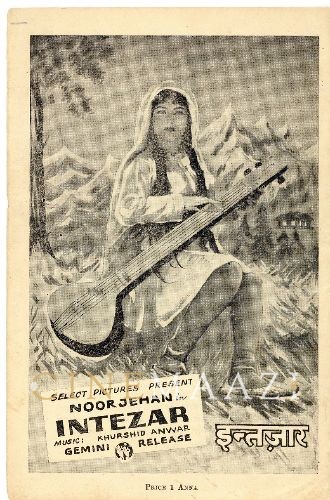
Intezar 1956
-
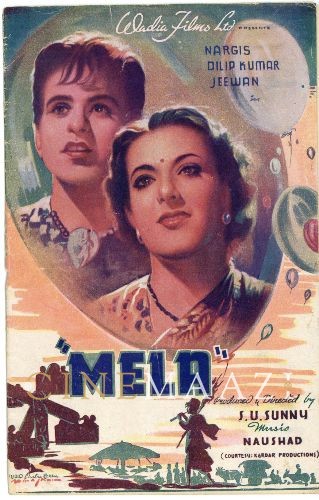
Mela 1948
-
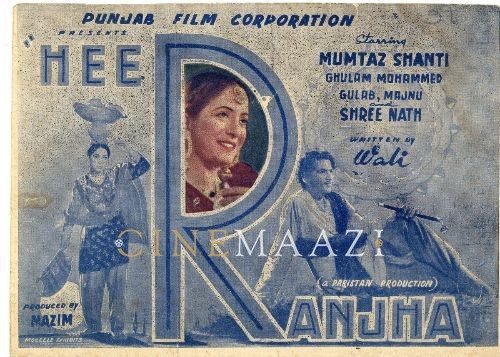
Heer Ranjha 1948
-
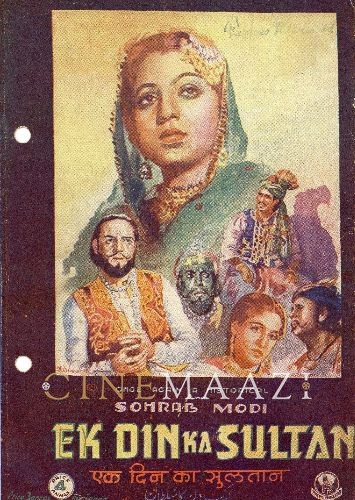
Ek Din Ka Sultan 1945
-

Khandaan 1942
-
Chaudhry 1941
-
Nek Abla 1932
-






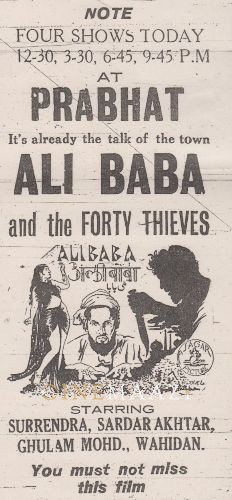
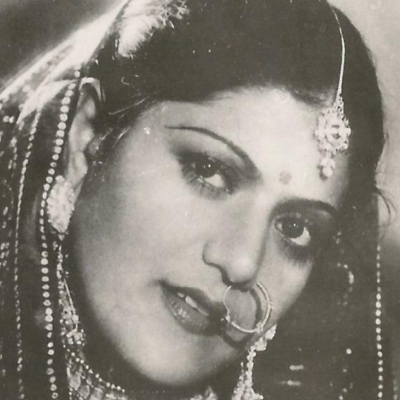
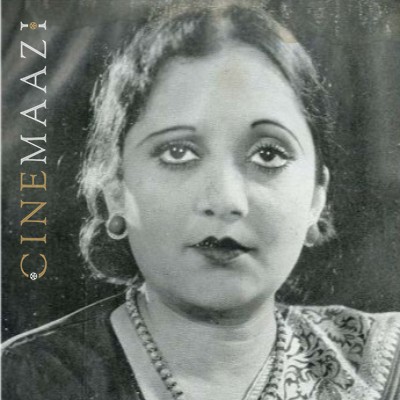

.jpg)



